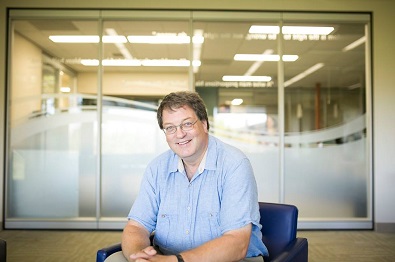A University of Saskatchewan professor says the protests that have stalled construction of a natural gas pipeline in northern B.C. have little legitimacy.
For weeks, ongoing protests have prevented construction work on the Coastal GasLink pipeline.
The opposition to the pipeline project is led by Wet’suwet’en Nation hereditary chiefs who say they never consented to the project on their traditional territory.
However, Ken Coates, who teaches in the Johnson-Shoyama Graduate School of Public Policy, said most Indigenous people in the area support the pipeline project.
“The main thing happening in northern British Columbia around the Wet’suwet’en protest over the Coastal GasLink pipeline is that we’re seeing the hijacking of very important processes by a very small number of people,” he said.
LNG Canada, the company building Coastal GasLink, says is has signed agreements with the elected councils of all 20 First Nations along the route including the Wet’suwet’en.
Coates said he is also concerned ongoing media coverage of the protests is painting an inaccurate picture of Indigenous opposition to resource development.
“If I am worried about one thing right now, it’s the fact that people are inflating the whole idea of the Wet’suwet’en hereditary chiefs into a broad critique of resource development. This is not a broad Indigenous rejection of resource development. It is perhaps one of the best examples in the country of full-on Indigenous engagement.”
The U of S professor said both the Canadian and B.C. governments should have acted much more swiftly in prosecuting the protesters and as a result, now have a real problem on their hands.
Earlier in the week, protests in cities around Canada, including Regina, were held in solidarity with the Wet’suwet’en protesters.
On Tuesday, another group of protesters shut down the B.C. Legislature and forced the throne speech to be cancelled.
Other protesters have blockaded rail lines in Manitoba and Ontario.
Both Assembly of First Nations Chief Perry Bellegarde and the Federation of Sovereign Indigenous Nations have spoken out in support of the Wet’suwet’en protesters.
(PHOTO: University of Saskatchewan professor Ken Coates. File photo.)
